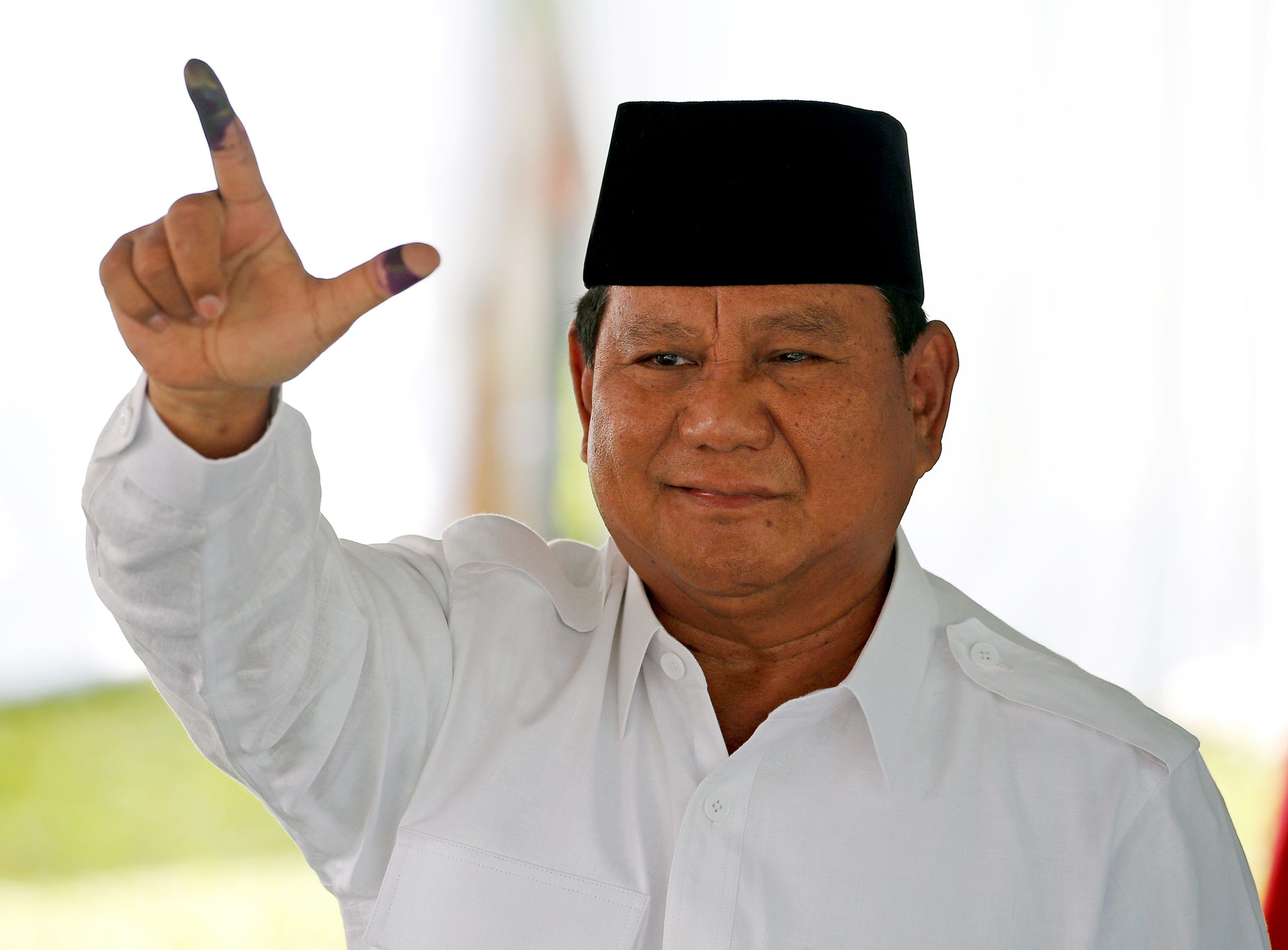Indonesians went to the polls on Wednesday across the vast Southeast Asian archipelago, marking a pivotal moment in an election overshadowed by the contest to succeed President Joko Widodo. The outcome of this election holds significant weight as it could determine the future leadership of the world’s third-largest democracy.
Nearly 259,000 candidates are vying for 20,600 positions spread across 17,000 islands, making it the largest single-day election globally. However, the spotlight is firmly on the presidency, with keen interest in the direction the nation will take post-Jokowi, who has steered the $1.3 trillion economy for the past decade.
The race to fill Widodo’s shoes, affectionately known as Jokowi, features two former governors, Ganjar Pranowo and Anies Baswedan, in contention against the controversial frontrunner, Prabowo Subianto. Prabowo, a former special forces commander with a contentious past, was once a key figure in the regime of Indonesia’s late authoritarian ruler, Suharto.
Recent surveys indicate Prabowo is poised to secure the majority of votes, potentially avoiding a runoff. According to these surveys, Prabowo holds a lead of 51.8% and 51.9% over Anies and Ganjar, respectively. To clinch victory outright, a candidate must garner over 50% of the votes and secure at least 20% of the ballots in half of the country’s provinces.
Reflecting on the importance of continuity, Novan Maradona, a 42-year-old entrepreneur, expressed his desire for a candidate who would uphold existing policies, emphasizing the need to avoid starting anew.
Voting commenced with a six-hour window for citizens to cast their ballots, spanning across Indonesia’s three time zones. However, in Jakarta, polling encountered a sluggish start due to severe thunderstorms, causing flooding in certain areas of the capital.
Despite the initial setbacks, hopes remain high for a smooth electoral process. Defence Minister Prabowo, participating in his third presidential race, expressed optimism for the proceedings after casting his vote, stressing the importance of a fair and peaceful election.
An atmosphere of uncertainty looms as undecided voters hold sway over the potential outcomes, particularly for Anies and Ganjar, who aim to force a runoff in June by garnering their support.
The specter of past electoral violence casts a shadow over the current proceedings. Deadly riots erupted following the 2019 election when Prabowo contested Jokowi’s victory. In this context, Anies has campaigned on promises of change, aiming to safeguard democratic reforms achieved since the end of Suharto’s authoritarian regime.
Ganjar, affiliated with the Indonesia Democratic Party of Struggle, has advocated for the continuation of President Jokowi’s policies but lacks his explicit endorsement. Stressing the importance of a fair election, Ganjar called for transparency to ensure acceptance of the outcome.
Prabowo, 72, has endeavored to rebrand his image, garnering a significant following among the youth through a softer portrayal, particularly on social media platforms like TikTok. However, allegations of interference and favoritism have clouded his campaign, raising concerns about the integrity of the electoral process.
Amidst these challenges, the call for a clean and transparent election resonates strongly, underscoring the importance of upholding democratic principles in determining the future course of Indonesia’s leadership.
(Inputs from Reuters)














